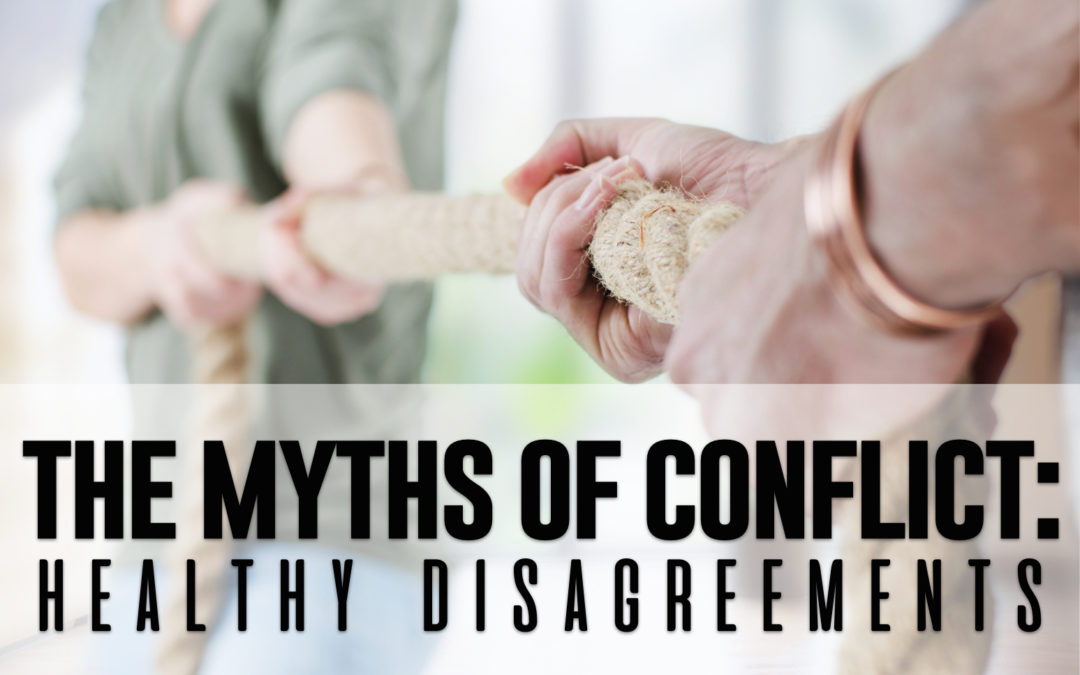For a long time, we looked at conflict in the workplace as a huge problem. The word “conflict” according to the dictionary is “a serious disagreement or argument, typically a protracted one.” From differing personal views, tastes, and preferences to professional discourse, the idea of conflict is something we were once encouraged to avoid at all costs. Since then, there have been a lot more articles surrounding this idea of “healthy conflict.” No longer do we fear conflict, we encourage it — because it means there are diverse views in the workplace, and we could use it as momentum for movement and growth.
In his article, Don’t Normalize Conflict, Andy Johnson disagrees with this theory. He thinks healthy disagreement is what we actually mean when we say healthy conflict, and that ultimately conflict can never be healthy.
“Healthy teams engage in rigorous and respectful debate because they have previously cultivated a strong culture of trust and vulnerability. . . Every member of the team feels empowered to fully participate in group discussions, free from the fear of being shamed or embarrassed. Once they have fully contributed to the discussion, they are more able to fully support the decision of the team, even if it differs significantly from their personal proposal. . . Team members who feel fully heard and respected are able, with sufficient levels of trust, to release their personal thoughts or ideas and to fully embrace the decision of the whole. When we, as team members, walk out of the room, we own the decision jointly. The decision is ours, not theirs (Pushing Back Entropy, p. 215-216).”
The way I see it, disagreements don’t always have to be bad. They’re inevitable, unless you are surrounded by people who see everything the same way you do. But conflict, defined in the first paragraph, is always bad. Prolonged arguments are never productive. And conflict can be avoided if we create a healthy space for disagreements within our teams.
Conflict can be avoided if we create a healthy space for disagreements within our teams. Click To Tweet
In my own definition, conflict management is the ability to turn conflict — something detrimental and isolating — into a chance to learn, grow, and push forward to resolution.
I think a lot of people have gotten confrontation and conflict confused. Confrontation can be healthy — and it’s necessary to relieve conflict or manage disagreements. As Andy mentioned in his quote above, these disagreements — or debates — require trust, vulnerability, and respect in order to motivate growth.
It requires time and intentionality to ensure healthy disagreements don’t turn into unresolved conflict. And the first step to owning this area in your own leadership is understanding the key players (conflict, conflict management, and healthy disagreement) and what each of them are/are not.
It requires time and intentionality to ensure healthy disagreements don’t turn into unresolved conflict. Click To Tweet
How do you see conflict differently today?
LIKE THIS POST?
Sign up to receive my posts via email and get a FREE copy of The Five Enemies of Growth!


